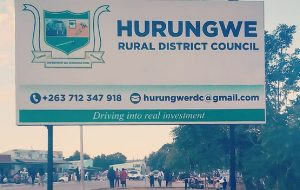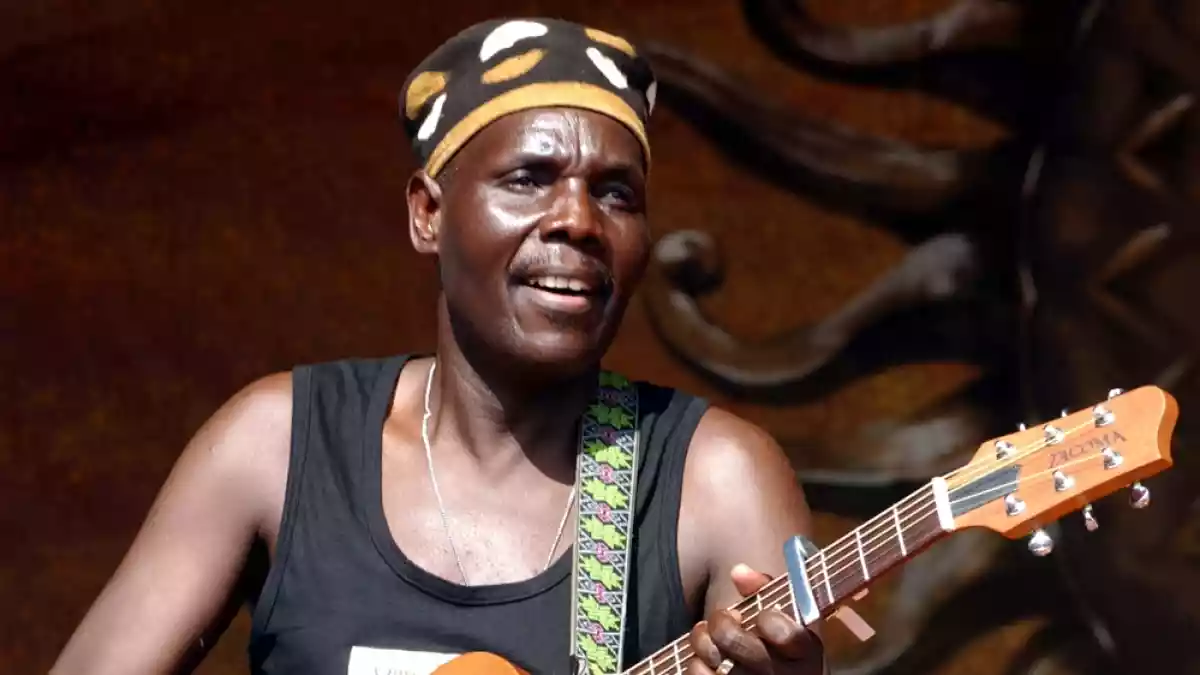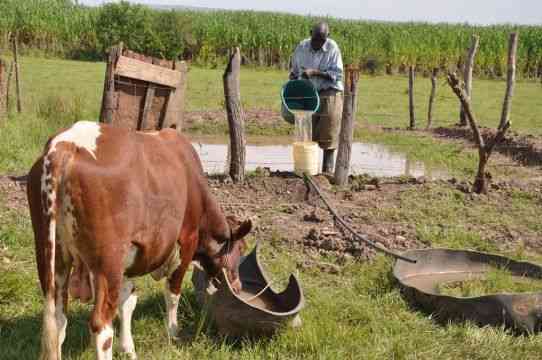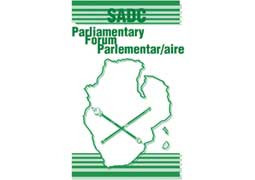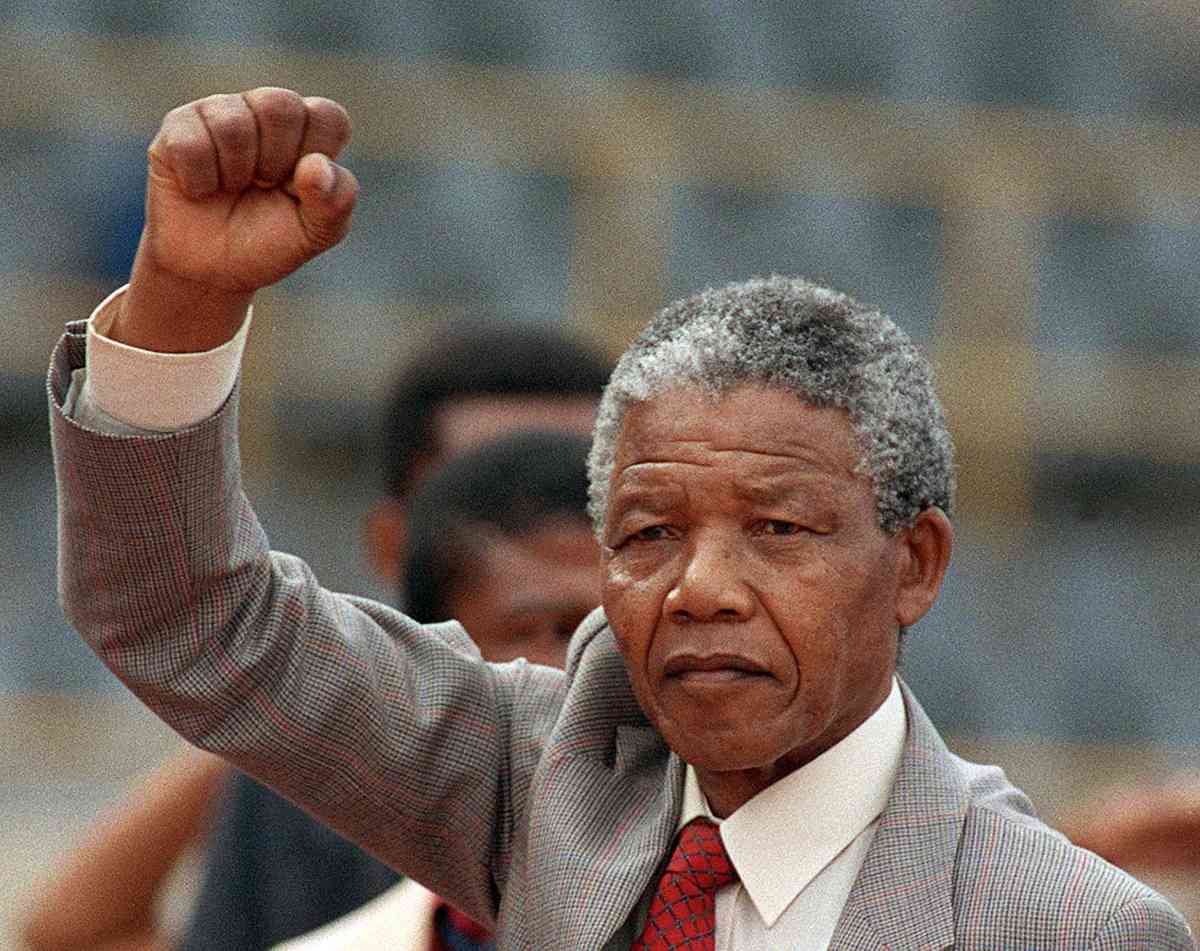
"Make a decision and watch your life move forward,” Oprah Winfrey wisely said, summarising a powerful truth about life, leadership and personal growth.
At its core, decision-making is about making choices that steer the course of our lives and careers.
As 2025 unfolds, it offers an opportunity to take charge, set resolutions and make decisions that drive us forward — personally and professionally.
Whether it is a small, everyday decision or a major life-altering one, leadership in any context hinges on the ability to make decisions.
From executives to community leaders, the art of decision-making is not about choosing between options, but about the capacity to move forward with purpose and conviction.
Leadership is about making decisions. Leaders are called to make a wide range of choices, from operational decisions that affect the day-to-day functioning of a team or organisation, to strategic decisions that determine the long-term vision and direction.
Each decision has the potential to drive progress, inspire others and push individuals or organisations towards greater success.
As Oprah’s quote suggests, when people make decisions — whether big or small — they create momentum that propels their lives or organisations forward. Without decision-making, there is stagnation; without action, there is no movement.
- Janusz Walus stabbed in South African prison
- Letter from America: Mbeki: A lesson from South Africa
- Nelson Mandela bay police seize 77 illegal firearms over festive season
- SOS for B/Bridge conjoined twins
Keep Reading
Oprah’s leadership, both as a media mogul and philanthropist, provides an excellent example. Her decision to leverage on her influence on social causes, build a media empire and transform the way people consume information through her TV network and digital platform shows that leadership is built on making powerful, purposeful decisions. Oprah’s career and life trajectory did not follow a preordained path — she made bold decisions that allowed her to redefine what success looked like, not only for herself but also for millions of people around the world.
Another example of the power of decision-making in leadership can be seen in the success of Econet Wireless. Strive Masiyiwa, as the visionary leader of Econet, made pivotal decisions that shaped the future of telecommunications in Zimbabwe and beyond. From erecting the first base station to the decision to list on the Zimbabwe Stock Exchange, Masiyiwa’s leadership was centred on making bold, sometimes risky decisions. These decisions did not always have immediate guarantees but were driven by a vision for innovation and improvement. By consistently making decisions aligned with his vision, Masiyiwa moved Econet — and by extension, the telecommunications industry — forward in ground-breaking ways.
Despite its importance, decision-making is often one of the most daunting tasks for leaders and individuals alike. Fear of making wrong choices can lead to hesitation, procrastination and missed opportunities. It is not uncommon for people to get caught up in the analysis of every possible outcome, waiting for perfect clarity before committing to a decision. However, as Oprah suggests, the very act of deciding is what moves us forward. Without decision-making, there is no movement and without movement, there can be no progress.
This is especially true in leadership. In an organisation, leaders must demonstrate decisiveness to ensure that their teams are clear on the direction and goals. The longer a leader delays in making a decision, the more uncertain and demotivated their team will become.
Leadership requires confidence in making decisions — even when there is no certainty about the outcomes. By deciding, leaders demonstrate that they are willing to take responsibility and move forward, regardless of the challenges or risks involved.
Take, for example, the leadership of ex-South African President Nelson Mandela. Madiba’s decisions throughout his career, from his participation in the anti-apartheid struggle to his presidency, were made with the conviction that South Africa’s development required decisive action, often in the face of uncertainty.
His decision to prefer reconciliation to retaliation after the end of apartheid was not only a personal choice but a national one. By making this decision, Mandela moved South Africa forward, guiding the country through its transition to a “Rainbow Nation” as we know it today. Mandela’s leadership reminds us that while decision-making can be difficult, it is an essential part of advancing a vision and making meaningful change.
Decision-making is not only crucial in leadership roles but is also at the heart of personal development. At the beginning of a new year, many individuals reflect on their personal goals and resolutions, considering the changes they want to make in their lives. Whether it is improving health, buying property, advancing a career, or strengthening relationships, making decisions is the first step towards achieving those goals. The decisions we make about how we spend our time, where we direct our energy and what we prioritise shape the trajectory of our lives.
In leadership, each choice made has the potential to inspire or impact those around you. Leaders who make decisions with integrity and purpose can motivate their teams, instil a sense of trust and encourage others to take ownership of their actions.
This is especially powerful when leaders make decisions that benefit the collective, rather than just themselves. The act of decision-making, when done with clarity and purpose, sets a tone for those who follow and drives the collective forward towards shared goals.
In conclusion, decision-making is the fuel that drives both leadership and personal progress. As Oprah’s quote reminds us, deciding propels us forward in ways that mere contemplation cannot. Whether in leadership or personal growth, decisions define the path we take and determine the progress we make. The act of choosing, even in the face of uncertainty or fear, creates momentum that moves our lives, organisations and communities forward.
As the year begins, the opportunity to make impactful decisions is before us. Now is the right time to make that decision with conviction and with each decision, we move closer to the future we all envision.
- Cliff Chiduku is the director of marketing, information and public relations at Manicaland State University of Applied Sciences in Mutare. He writes here in his personal capacity. He can be contacted on cchiduku@gmail.com or call/app +263775716517.

